JEDDAH: While the summer heat bears down on Saudi Arabia, a photographer in the Kingdom’s northwestern region recently captured stunning pictures following a thunderstorm that swept through the Tabuk and NEOM area.
Local Musheer Al-Balawi, who is passionate about photography and is popularly known as “Marshall” on social media, took snapshots of the scenes that unfolded against the backdrop of the region’s colossal red mountains, with rainwater coursing down the elevated terrain.
In an interview with Arab News, Al-Balawi spoke of his admiration of the natural wonders around him.
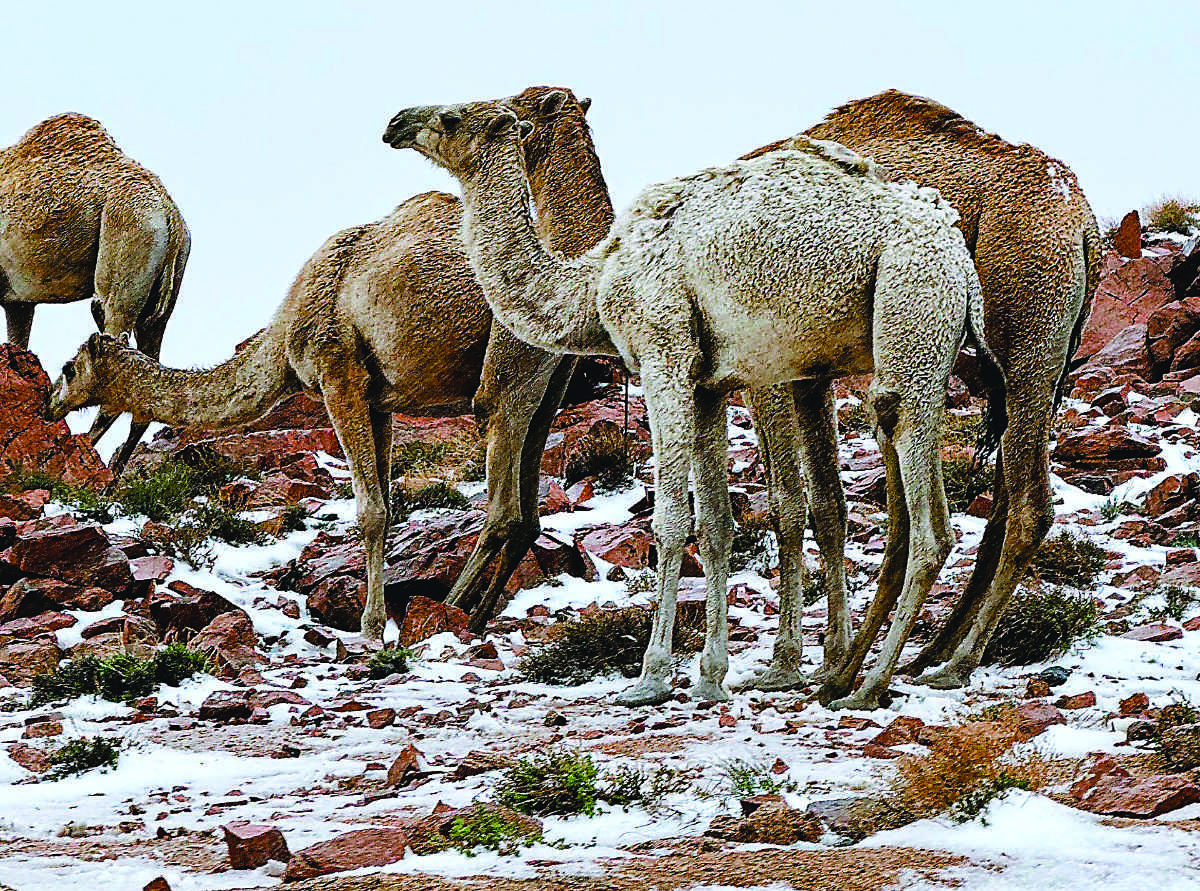
Musheer Al-Balawi photographs nature and the beautiful wildlife of the Kingdom, including horses and camels and their integral presence in Saudi culture and heritage. (Supplied)
He said: “(In the) Tabuk region and its environs, (there is) beauty and charm of nature in our region, and everything I see with my eyes is beautiful and deserves to be captured so the world can see this special paradise we have.”
NEOM has committed to dedicating 95 percent of its entire area to preservation to help illustrate Saudi Arabia's commitment to environmental conservation and the advancement of sustainable lifestyles.
Al-Balawi mostly uses an iPhone 14 for his work and has previously used older models. He believes that “the art of photography lies not in the tools but in the vision and skill of the photographer behind the lens.”
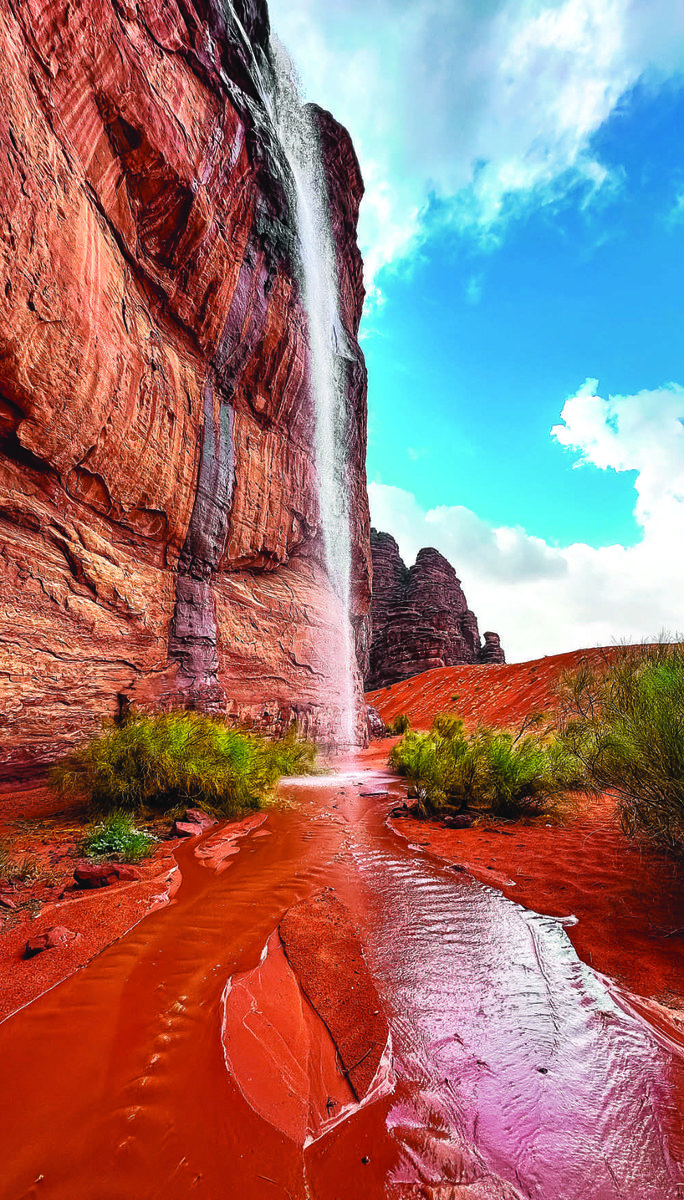
Musheer Al-Balawi photographs nature and the beautiful wildlife of the Kingdom, including horses and camels and their integral presence in Saudi culture and heritage. (Supplied)
His father encouraged Al-Balawi to pursue photography when he got interested in the subject, and the youngster would be given smartphones when he achieved good results in school.
He was able to develop his vision, skills and new techniques to take photos using his phone.
The subject of his work is the landscape that surrounds him, and the beautiful wildlife of the Kingdom, including horses and camels and their integral presence in Saudi culture and heritage.
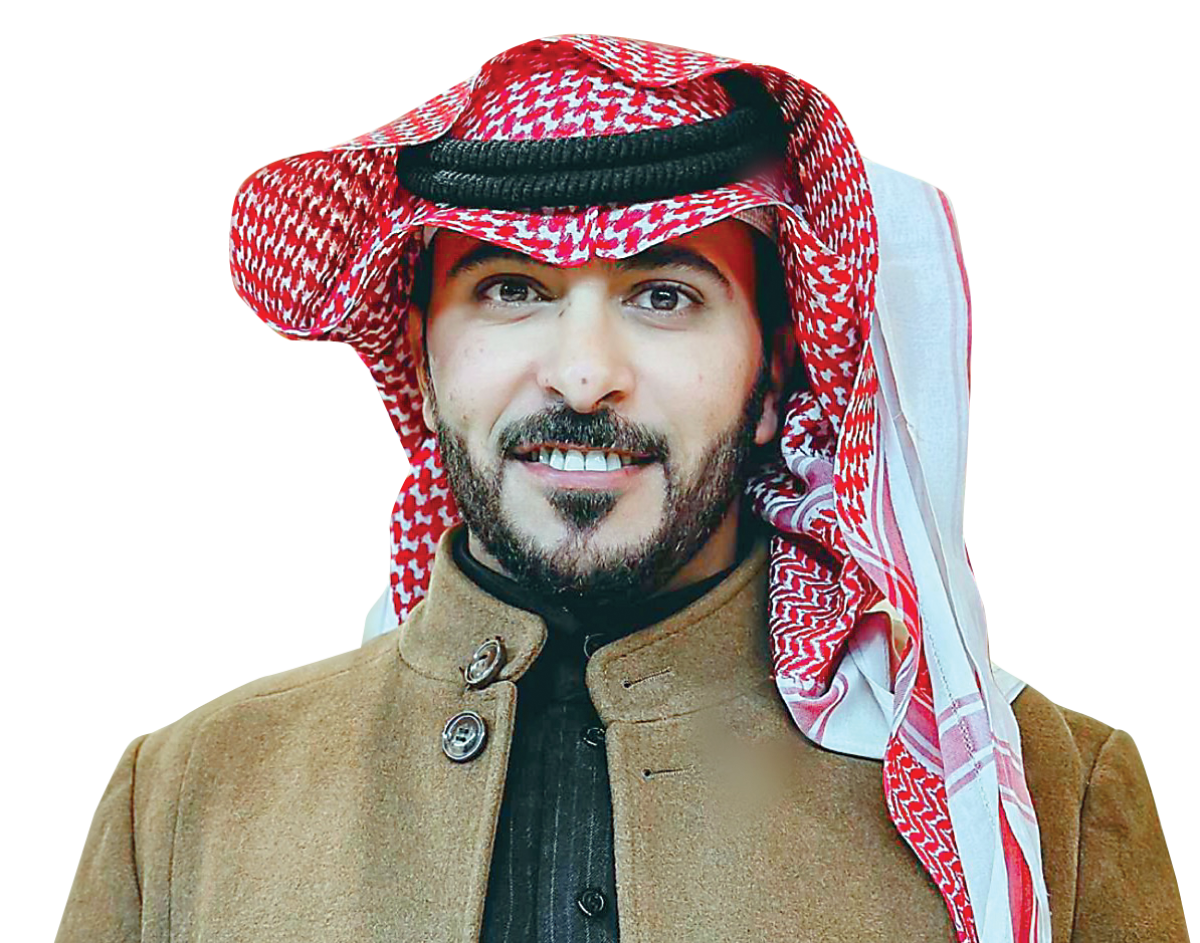
Musheer al-Balawi, Photographer
His collection of photographs and videos showcases the awe-inspiring landscapes found in the Bajdah area, which is nestled within the Tabuk governorate’s northwestern area.
Situated at an altitude 1,167 meters above sea level, these landscapes find their home within the Hisma Plateau — a prominent feature of the Arabian Shield, spanning nearly 3,700 sq. km.
The art of photography lies not in the tools but in the vision and skill of the photographer behind the lens.
Musheer Al-Balawi, Photographer
The geological composition of the area primarily comprises late Cambrian and Ordovician sandstone formations, lending a unique and striking character to the region's terrain.
The same area undergoes transformation during the winter season, as the mountains are blanketed in a layer of snow, offering a picturesque panorama that stands in stark contrast to the arid desert surroundings.
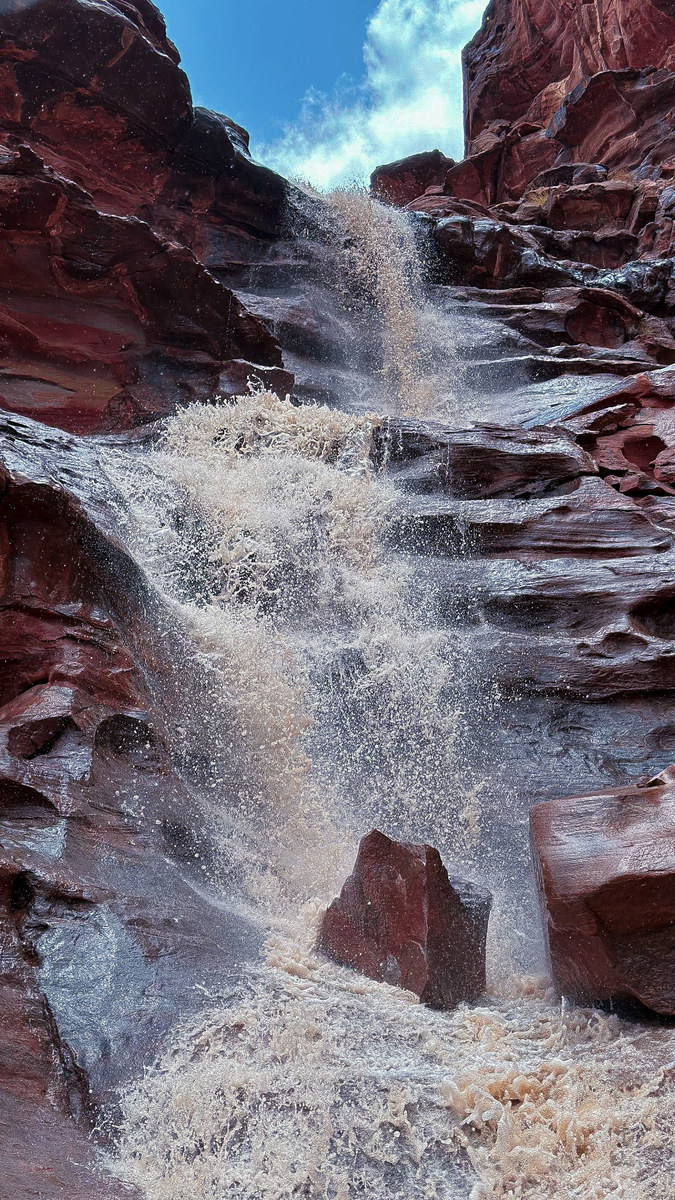
Musheer Al-Balawi photographs nature and the beautiful wildlife of the Kingdom, including horses and camels and their integral presence in Saudi culture and heritage. (Supplied)
Al-Balawi's dedication to his craft is remarkable, as he diligently monitors weather conditions to ensure he is in the right place at the right time.
He said: “I find tracing a thunderstorm or blizzard exciting because capturing rare scenes requires taking the risk.”
This enthusiasm led him to capture the awe-inspiring image of Jabal Al-Lawz covered in snow.
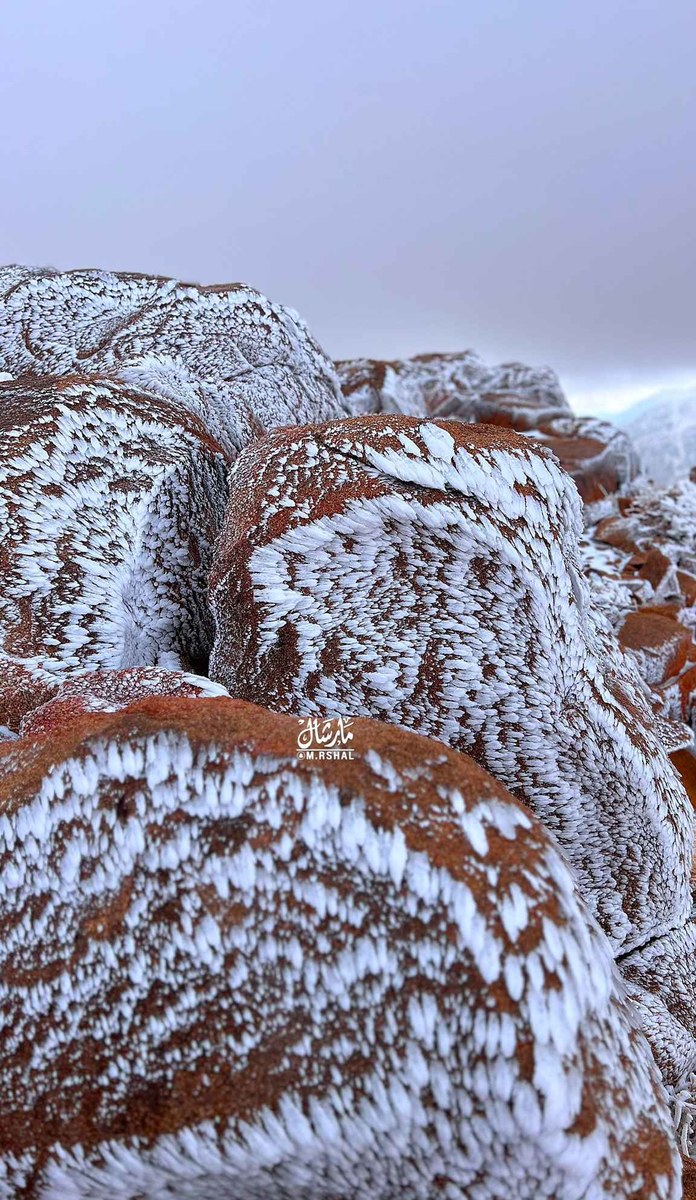
Musheer Al-Balawi photographs nature and the beautiful wildlife of the Kingdom, including horses and camels and their integral presence in Saudi culture and heritage. (Supplied)
Jabal Al-Lawz, which translates to the “mountain of almonds,” is perched at an elevation some 2,580 meters above sea level, offering a breathtaking view of the surrounding landscape.
The Saudi photographer’s ability to encapsulate the dramatic fusion of desert landscapes and snowstorms is outstanding.
His work captures the essence of this unique convergence in a single frame, featuring camels navigating the snowy terrain — a questioning of perception that evokes a sense of wonder and beauty.
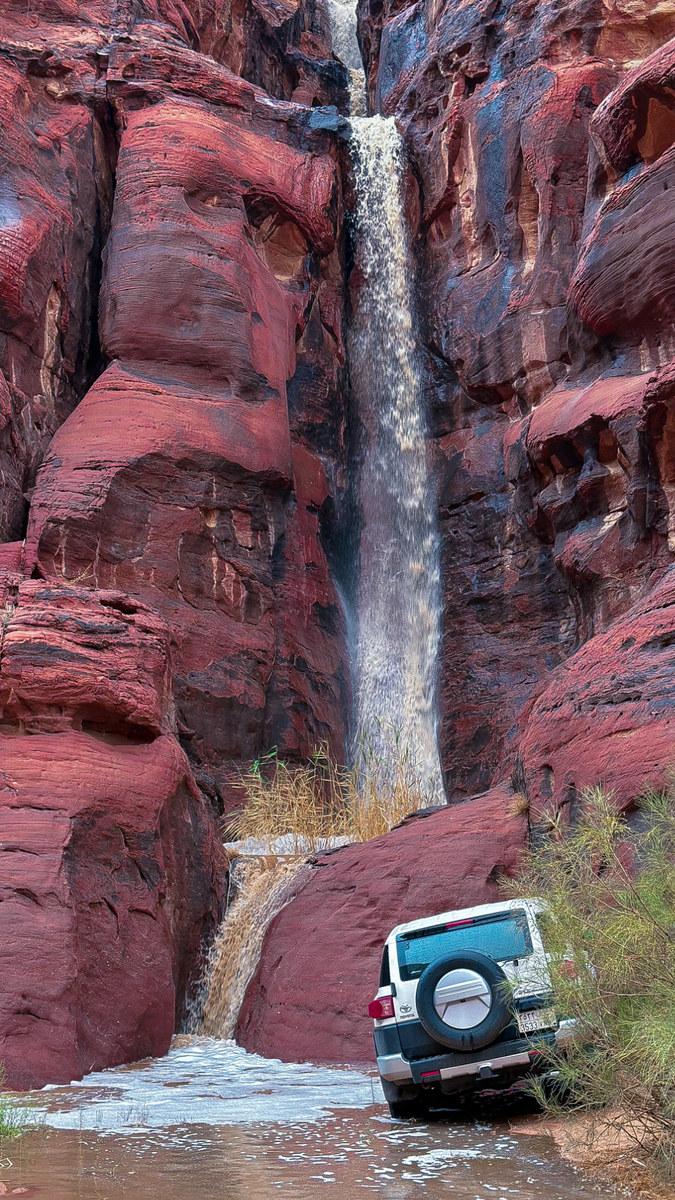
Musheer Al-Balawi photographs nature and the beautiful wildlife of the Kingdom, including horses and camels and their integral presence in Saudi culture and heritage. (Supplied)
To celebrate World Photography Day on Aug. 19, the Saudi Press Agency also captured the essence of Tabuk.
The organization documented the city and its inhabitants in 17 captivating photos, spanning various genres including photojournalism, portraiture, street life, wildlife and nature photography, and sports and documentary photography. For more pictures https://twitter.com/mrshal_91






























